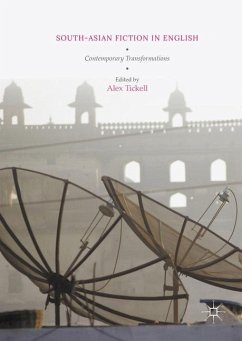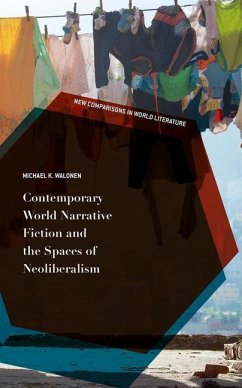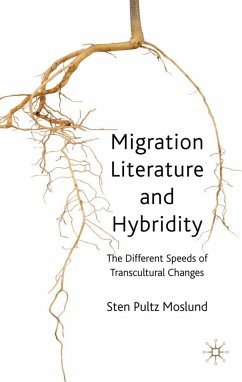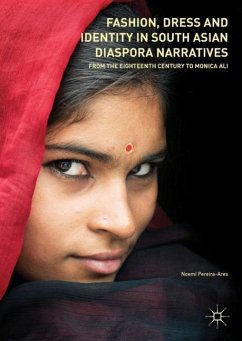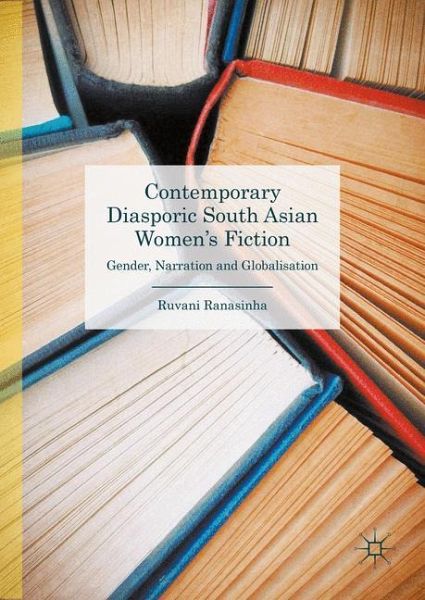
Contemporary Diasporic South Asian Women's Fiction
Gender, Narration and Globalisation

PAYBACK Punkte
31 °P sammeln!
This book is the first comparative analysis of a new generation of diasporic Anglophone South Asian women novelists including Kiran Desai, Tahmima Anam, Monica Ali, Kamila Shamsie and Jhumpa Lahiri from a feminist perspective. It charts the significant changes these writers have produced in postcolonial and contemporary women's fiction since the late 1990s. Paying careful attention to the authors' distinct subcontinental backgrounds of Pakistan, Bangladesh and Sri Lanka - as well as India - this study destabilises the central place given to fiction focused on India. It broadens the customary f...
This book is the first comparative analysis of a new generation of diasporic Anglophone South Asian women novelists including Kiran Desai, Tahmima Anam, Monica Ali, Kamila Shamsie and Jhumpa Lahiri from a feminist perspective. It charts the significant changes these writers have produced in postcolonial and contemporary women's fiction since the late 1990s. Paying careful attention to the authors' distinct subcontinental backgrounds of Pakistan, Bangladesh and Sri Lanka - as well as India - this study destabilises the central place given to fiction focused on India. It broadens the customary focus on diasporic writers' metropolitan contexts, illuminates how these transnational, female-authored literary texts challenge national assumptions and considers the ways in which this new configuration of transnational, feminist writers produces a postcolonial feminist discourse, which differs from Anglo-American feminism.





